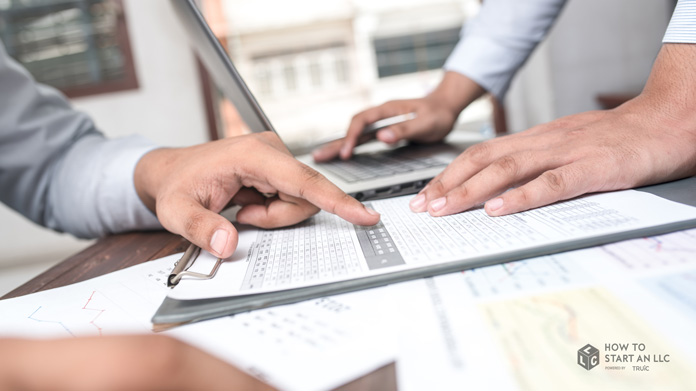Capital Expenditure vs Business Expenses
As a small business owner, knowing the difference between capital expenditures (Capex) and business expenses lets you budget the right amount of money for taxes. It also helps you accurately report your business finances to the IRS, thereby avoiding accidental tax fraud.

What are Capital Expenditures?
A capital expenditure is a term the IRS uses to classify certain business purchases. Capex refer to the purchase of fixed assets. Unlike other business purchases, a capital expenditure is a bit of a longer term investment.
Here are some typical examples:
- Buildings
- Office renovations
- Machinery
- Equipment (computers, printers, etc.)
- Vehicles
The rule of thumb is that any asset your company purchases that will last for more than one year is considered a capital expenditure.
Is Capex Tax Deductible?
Unlike ordinary business expenses, the IRS doesn’t allow capital expenditures to be immediately deducted from your business profit. Instead, they are gradually deducted from your business profit over the course of several years. This process is called amortization, or the depreciation of an asset’s value of a fixed period of time.
For example, let’s say your business purchases a $3,600 computer, and that the amortization rate for computers is three years or 36 months. This means that each month your company would "lose" $100 due to the depreciating value of the computer. In the course of one full tax year, you could deduct $1,200 for the computer’s amortization.
What’s the Difference Between Business Expenses and Capex?
Ordinary business expenses are basic business purchases that do not have long-term value. In other words, they aren’t fixed assets that have a lifespan of longer than one year.
Business expenses are immediately tax-deductible. There is no need to wait for an amortization period before they can be deducted from your annual gross earnings.
Here are common types of business expenses:
- Basic office supplies
- Rent or mortgage payments for your office
- Office utilities
- Business-related travel
- Payments to employees
- Materials for a construction job (paint, lumber, etc.)
Avoid Common Mistakes
A lot of business owners make mistakes when figuring their business expenses versus their capital expenditures. Two common areas that cause confusion are vehicles and renovations on leased property.
Vehicles
Many business owners use their personal vehicles for business purposes, thinking they can deduct the costs of insurance, repairs, and gas as business expenses. However, this is not the case. The best practice is to always keep a mileage record. This record should show exactly how many miles you drive the vehicle for business purposes each day.
The IRS offers a standard mileage deduction rate of 53.5 cents for all business-related driving.
For example, if you drove 5,000 miles for your business in one year, then you would deduct $2,675 for vehicle costs for that year.
Renovations on Leased Property
Another common mistake business owners make is thinking that they can deduct office renovations as business expenses. Actually, the IRS considers renovations a long-term, fixed asset, even if they are done on leased property.
As long as the business leases the property, the cost of improvements counts as capital expenditures. Therefore, renovation expenses should be amortized.
The Value of a CPA
Calculating the right amount of yearly amortized deductions for all your different capital expenditures is a time-consuming and complicated process.
We highly recommend forming a professional relationship with a local accountant. An experienced CPA can help make sure your business doesn’t accumulate troublesome IRS debt in the form of unpaid taxes.